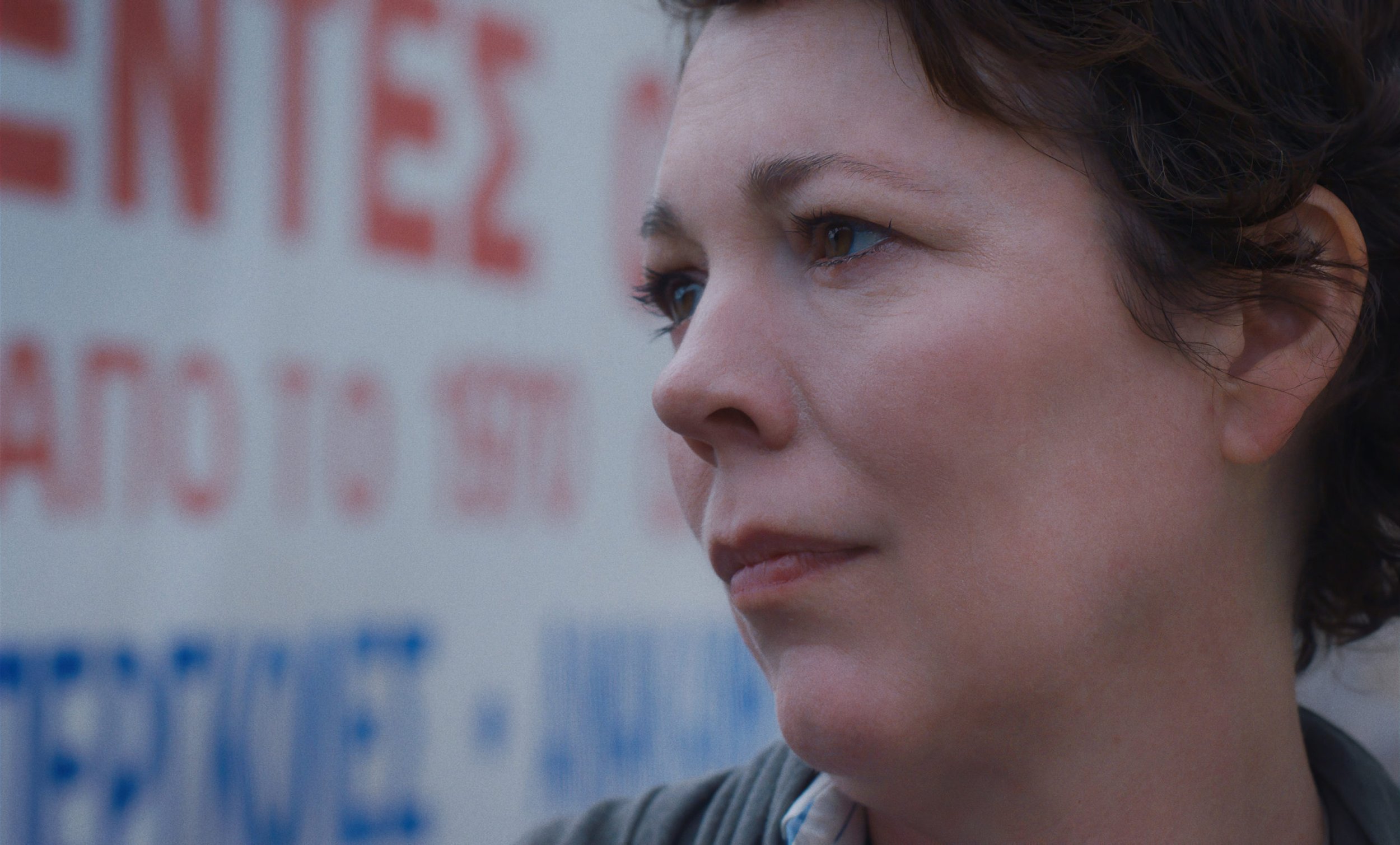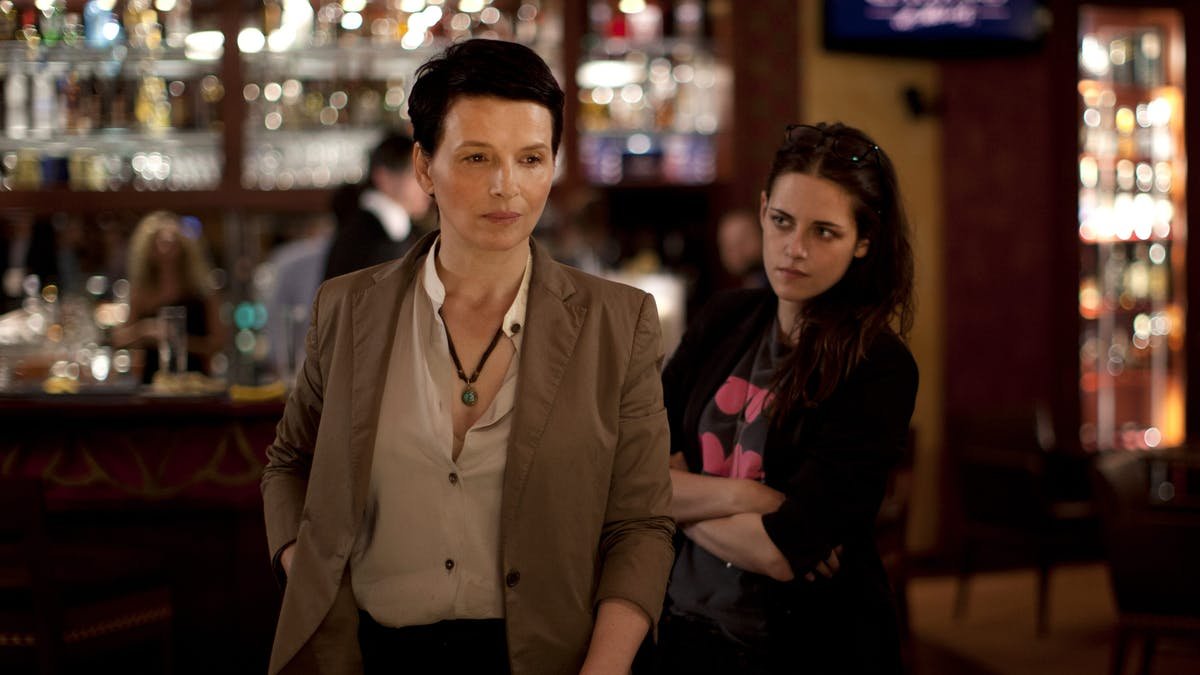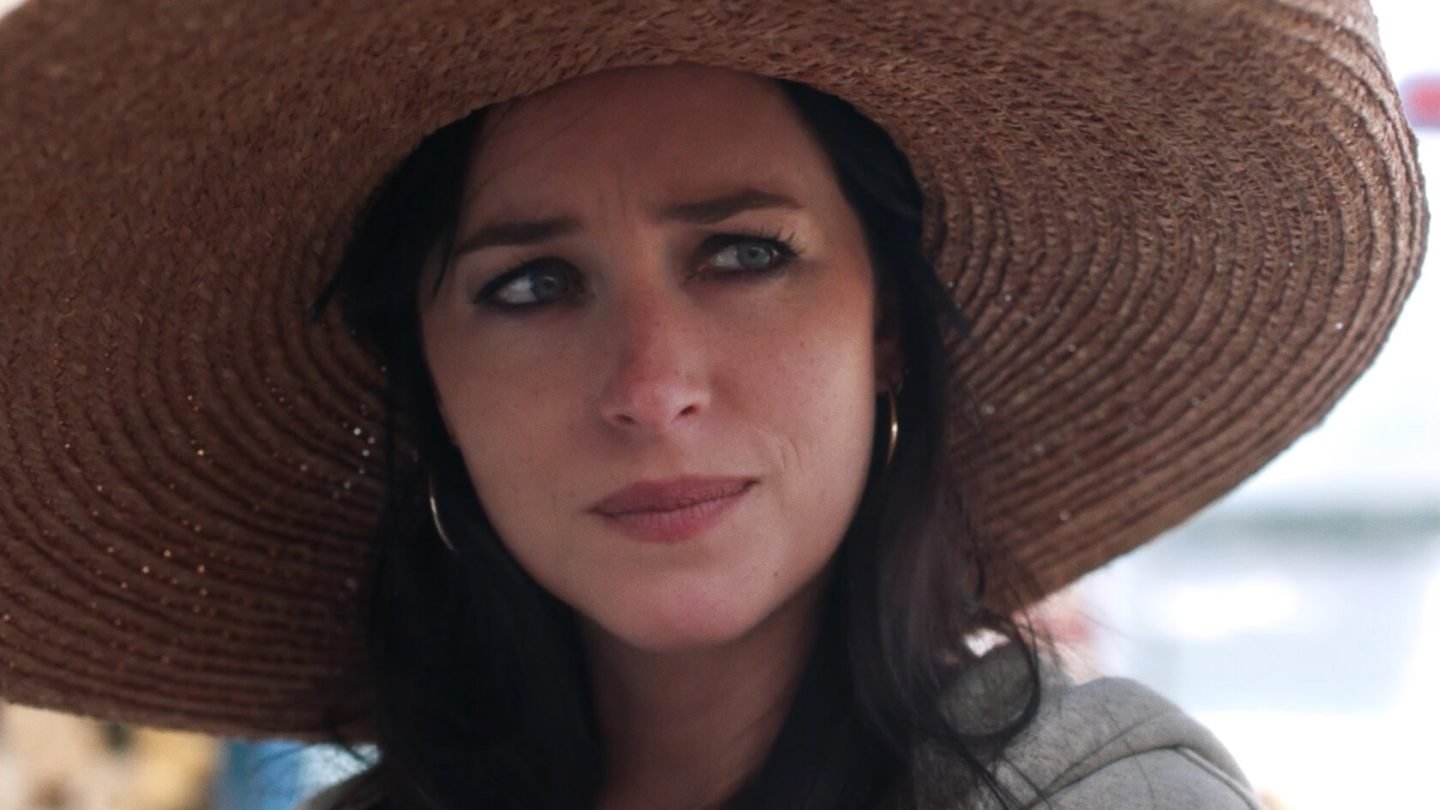Small Movies
Olivia Colman stars in The Lost Daughter
By definition, ‘indies’ are more of an aesthetic choice than anything. They still do cost a fair amount of money to make — significantly less than it takes to assemble a Marvel flick — but the reality seems to be they won’t get past the funding hump without a superstar attached. A certain pedigree of film director, also, has to want to make one, at a time when most people will only brave new variants to see what becomes of Peter Parker’s poor decision-making.
It’s not that Martin Scorsese or his cult members (show of hands) despise super-hero movies. It’s that the consumer culture around those pictures has made it so much harder to get quiet movies seen, heard. Structurally, super-heroic fare tends to do largely the same things with story, sacrificing human electricity for computer-generated physics — but I think disgruntled cinephiles would be less so, if we had less need of time travel to experience real creative risk.
Studios still get modest pictures made, because there are still actors that want to help bring them to life and people who will pay to see them — there just aren't nearly enough of the latter. If I lived any place else, my gripes would be emptier.
“You can catch that on Criterion, bro.”
“Isn’t that on streaming somewhere?”
But I live in Africa, where the dominant satellite television provider has locked up the rights to studio content it barely avails; and where thus, when we can actually sign up for international services, we only ever access compromised libraries. Pre-pandemic, I had only ever entered a Zambian theatre a handful of times to see movies that moved like Blue Jasmine, hummed like The Wolf of Wall Street, or sang like The Hateful Eight. I imagine those days are over now. Even if, elsewhere, the resistance persists.
I saw a bunch of ‘small’ movies last week, by means I expect you can fathom, and it felt really good to not know where each act of each film was headed.
Red Rocket
I’ve heard lots of very good things about Sean Baker on reliable podcasts, and so I’m ashamed to call this my first tango with his work. A failed porn actor returns from the lights of Los Angeles to the grassy plains of Texas, and specifically his ex-wife's house. He has no possessions, no money, and no where to crash. Pretty quickly, because Baker keeps his plotting sparse and visual, we’re allowed to establish that Mikey Saber (Simon Rex) will use whoever’s in his way to sustain some dangerous delusions about himself. Eventually this includes the young lady, barely 18, he romances at a local donut shop.
Because Baker has crafted a tale of American poverty, you could almost miss what wonderful things he does with colour here — with distant factory lights, with setting suns, with ‘bleed’ from street lamps. It feels like he’s mocking his characters, so I didn’t know what to do with them all at first; whether to be put off by what seemed … a somewhat limiting perspective of life in small-town America. But the director must be aware of How This Looks. Donald Trump’s voice echoes into vast nothing once or twice, as Baker captures normal folk riding cheap bikes or shot vehicles across the land — as if to illustrate how empty so many promises rang for so many ordinary people.
Some critics found Red Rocket vacuous, others a little patronising, perhaps for fear that there may not have been enough good movies made in 2021 to shove it out of awards season. I did too at first, then I just went ahead and dipped my face in all of Baker’s dazzling paint.
Clouds of Sils Maria
Juliet Binoche and Kristen Stewart
This one came out a while ago, and is by the same director that navigated Kristen Stewart through Paris in 2016’s Personal Shopper, which I thoroughly enjoyed. With that movie Olivier Assayas proved he’s one of those rare auteurs than can do an awful lot with silence and inactivity, and in the process proved that Stewart possesses the same gift on an acting level. If you watch Assayas direct even a modicum of tension for long enough, and Stewart carry it on her shoulders for long enough, you’re entranced, just like that.
In Sils Maria, the regal talent that is Juliette Binoche plays an ageing but still highly regarded actress and Stewart is her assistant. That actress’s good friend, a playwright, dies just before he can accept a prestigious award. A decorated theatre director then offers her a role in the revival of her friend’s play, except Maria Enders (Binoche) will play a different, older character this time. A younger performer, who appears in both tabloid headlines and (ahem) super-hero flicks, will claim the lead role.
I can only presume that Maria’s anti-superhero-movie sentiments are also Assayas’, as they froth and crackle more than once in this delicate, charming movie. The name of the play, ‘Majola Snake’, refers to a phenomenon in which a collection of clouds slithers through a Swiss mountain range in quite haunting fashion. Long before we’re treated to this spectacle, though, Assayas prefers to show us the tension between old cinema and new; between younger and older actresses because of it, and maybe between younger and older women too. When it’s Binoche and Stewart, as employer and employee, it’s scintillating to just eavesdrop on so many concise but ultimately self-important conversations. (For what, really, are rambling conversations about ‘art’?)
Maria and Valentine often rehearse scripts together, as there’s usually no one else in sight that Maria will tolerate. There’s one mountainous scene in which, very much upon each other’s nerves, they slip into brutal discourse; and you have to remind yourself, Oh, wait, they’re just rehearsing a scene. This is the sort of trick Assayas can pull out his sleeve effortlessly, for being such a studious storyteller.
The Lost Daughter
Dakota Johnson, ‘The Lost Daughter’
I’m officially old enough to have watched my favourite athletes become coaches and my favourite actors and actresses become directors. Maggie Gyllenhaal, the homie, is right up in the cut for this adaptation of an Elena Ferrante novel, in which Olivia Colman plays a distressed college professor on vacation in Italy. Distressed by what, is the mystery Gyllenhaal unfurls slowly and successfully.
Leda (Colman) seems to have deserted her children once or even multiple times. Though I’m severely allergic to flashbacks as a narrative device, Gyllenhaal deploys them carefully, and ensures that these are full-bodied experiences in their own right. In the film’s present, Leda keeps brushing shoulders with a loud group of vacationers who help trigger some of her memories. Their encounters with her are mostly prickly, and even after a truce of sorts they revolve around a mutual distrust Gyllenhaal cultivates and harvests systematically — like she’s out here shooting prestige TV or something.
Speaking of prestige TV or something, Dagmara Domińczyk from Succession plays a rather loud New Yorker rather well, and the simmer of Dakota Johnson is only enriched by those magnificent eyes of hers. Maybe I’m tripping, but Gyllenhaal achieves something from shooting all these talented women at such close proximity. Sometimes that closeness justifies a sudden demand for physical or emotional space, and sometimes it helps capture a stumbling grab for territory.
Bergman Island
Vicky Krieps, and a windmill.
I wanted to restart Bergman Island as soon as it did its whole thing — such was the calm and peace that fell over me watching a film whose marketing, like that of Clouds of Sils Maria, perhaps oversells its idea of tension in paradise.
That paradise is a Swedish island called Fårö, where we’re told the creative footprint of the celebrated filmmaker Ingmar Bergman is carefully preserved. A screenwriter, Chris, and her husband, Tony, visit there because he has a thing for Bergman, and because — given the chance — we’d all have a thing for plush cottages, Baltic beer, and working on our manuscripts in windmills.
Little cracks appear as we witness Chris’ disinterest in waiting while the locals fawn over Tony’s work, and in complying with a touristically linear tour of the island. She favours the roadmap of a charming local, a film student with whom she breaks loose rules, and whom her husband never actually meets or discovers. That this stranger also appears in the movie layered across our central viewing, like jam over fresh bread, only adds to Bergman Island’s dreamy texture.
In this movie within the movie, a pair of young lovers (Mia Wasikowska, who’s been rather AWOL, and Anders Danielsen Lie) visit Fårö for the wedding of a mutual friend. Chris wants to write a screenplay in which even people who are seemingly meant to be together just can’t seem to get their shit in place. But she can’t locate an ending she likes, and Tony doesn’t seem interested in helping. Despite all the questions it raises, of its characters and about coupling, and I think about self-reclamation, Bergman Island closes all its loops quite peacefully.
A rare thing, that; a movie that just wants you to exhale.





